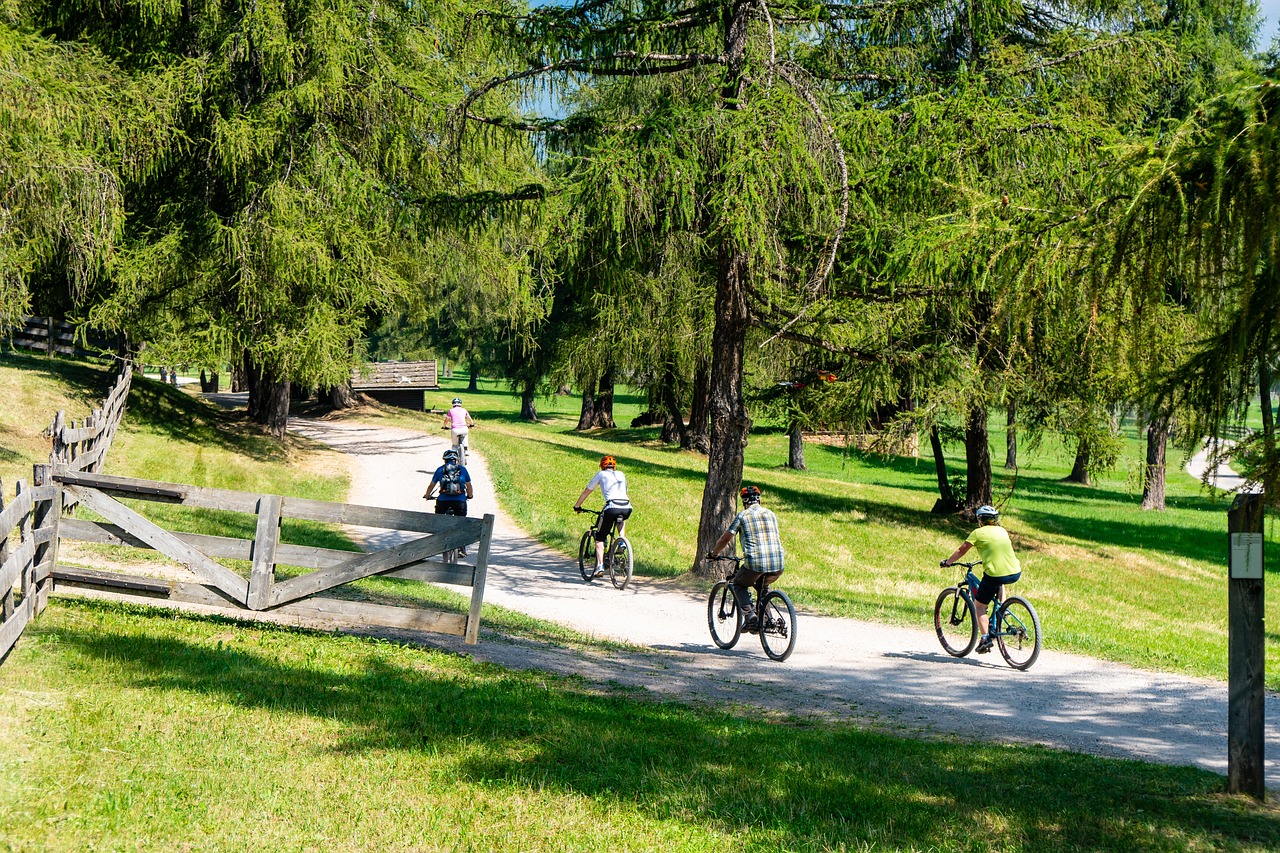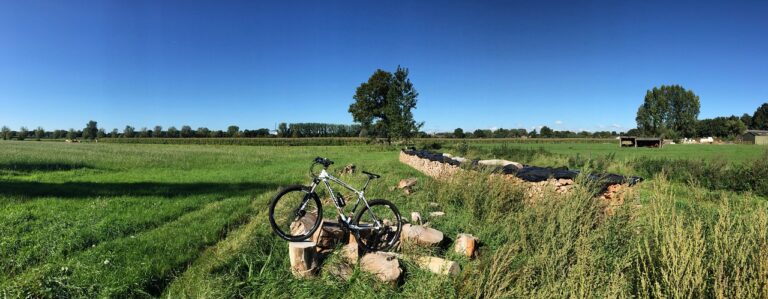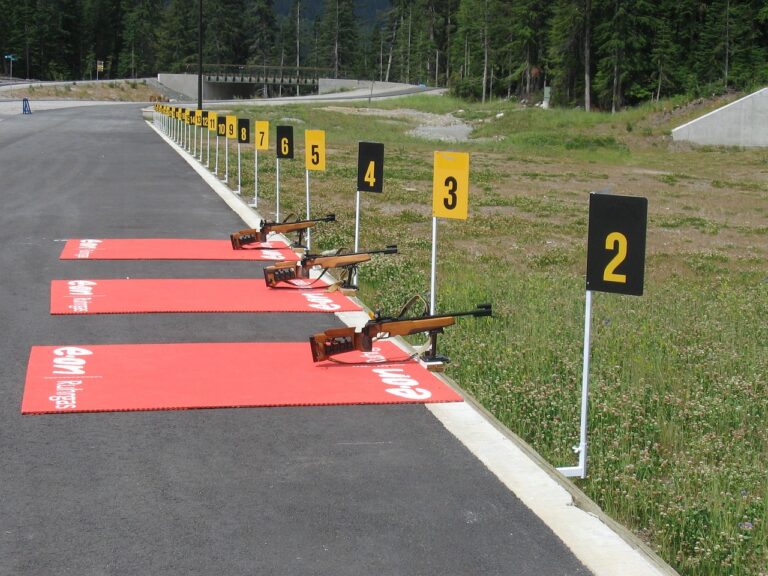Exploring the Role of Groundskeeping in Promoting Social Inclusion and Cohesion: Betbhai book, Cricbet99 login, Diamondexch9 login
betbhai book, cricbet99 login, diamondexch9 login: In communities all around the world, the role of groundskeeping goes far beyond just maintaining green spaces and gardens. Groundskeepers play a crucial role in promoting social inclusion and cohesion among residents, fostering a sense of community pride and belonging. Let’s explore how groundskeeping activities can have a significant impact on the social fabric of a neighborhood.
Creating Welcoming and Accessible Spaces
One of the key roles of groundskeepers is to create inviting and accessible outdoor spaces for residents to enjoy. This includes maintaining parks, playgrounds, and community gardens that can serve as gathering places for people of all ages and backgrounds. By keeping these spaces clean, safe, and well-maintained, groundskeepers facilitate interaction and social engagement among residents, promoting a sense of community belonging.
Fostering a Sense of Ownership and Pride
Groundskeepers also play a vital role in empowering residents to take ownership of their community spaces. By involving residents in the care and maintenance of these areas, groundskeepers can instill a sense of pride and responsibility in the community. This collaborative effort not only improves the physical appearance of the neighborhood but also strengthens social bonds and fosters a shared sense of purpose among residents.
Promoting Physical and Mental Well-being
Well-maintained outdoor spaces have been proven to have a positive impact on both physical and mental health. Green spaces provide opportunities for physical activity, relaxation, and social interaction, which can improve overall well-being and quality of life for residents. Groundskeepers play a crucial role in ensuring that these spaces are accessible and well-kept, contributing to the health and happiness of the community.
Encouraging Community Engagement and Participation
Groundskeeping activities can serve as a catalyst for community engagement and participation. By organizing clean-up events, gardening workshops, and other community activities, groundskeepers can encourage residents to come together, interact with one another, and work towards common goals. These collective efforts not only improve the appearance of the neighborhood but also strengthen social connections and foster a sense of unity among residents.
FAQs
Q: How can residents get involved in groundskeeping activities in their community?
A: Residents can get involved in groundskeeping activities by volunteering for clean-up events, joining community gardening projects, or participating in various outdoor maintenance tasks. Contact your local community center or groundskeeping team to inquire about opportunities to get involved.
Q: What are some benefits of having green spaces in urban areas?
A: Green spaces in urban areas provide numerous benefits, including improving air quality, reducing stress levels, promoting physical activity, and fostering a sense of community cohesion. These spaces serve as vital oases amidst the hustle and bustle of city life, offering residents a place to relax, unwind, and connect with nature.
In conclusion, the role of groundskeeping in promoting social inclusion and cohesion cannot be understated. By creating welcoming and accessible outdoor spaces, fostering a sense of ownership and pride, promoting physical and mental well-being, and encouraging community engagement, groundskeepers play a crucial role in building strong and vibrant communities. Next time you take a stroll in your neighborhood park or garden, take a moment to appreciate the hard work and dedication of the groundskeepers who help make these spaces possible.







